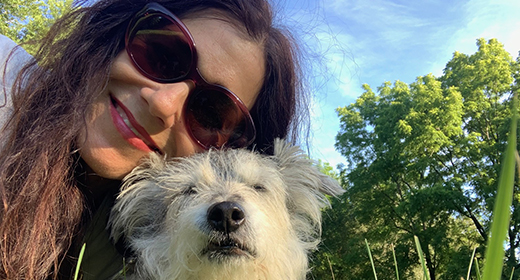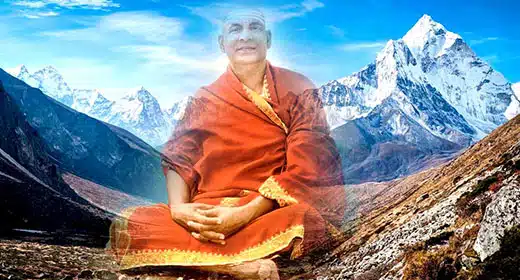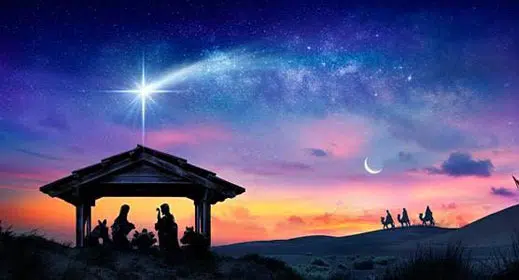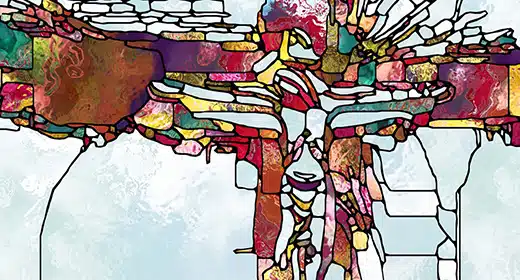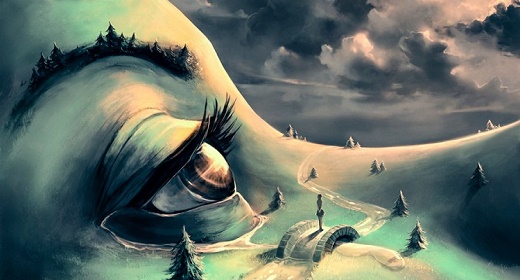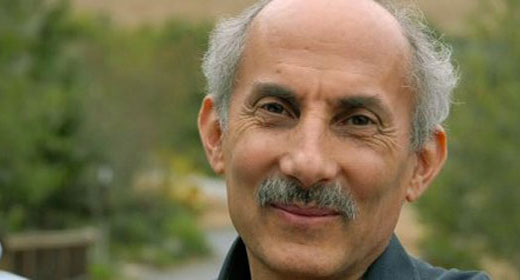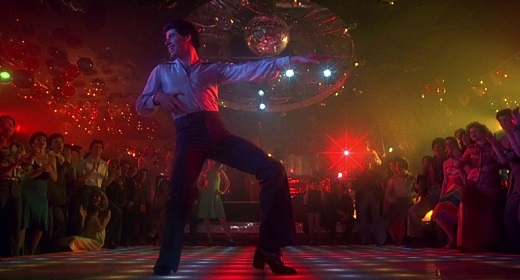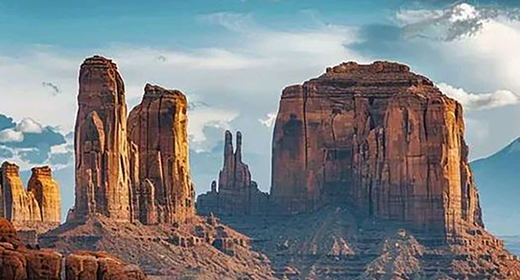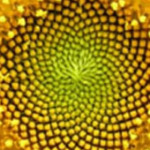by Anam Thubten: Excerpted from embracing each moment…
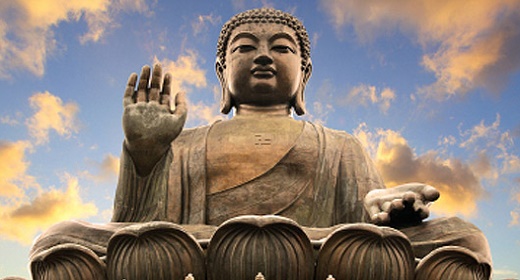
The Buddha Maitreya is considered the buddha of the future. His name, Buddha Maitreya, translates as the “Buddha of love.” To me, Buddha Maitreya is an archetype, a sacred allegory representing something profound and innate in each of us, our innate love. Love is innate to all of us, and we can regard love and compassion as our basic instincts. Our basic instincts are not all dark and impure. Love is our most basic human instinct, along with intelligence, compassion, and courage. There is love in all of us. There is even universal love, all-embracing love, in all of us. This is part of who we are. There are many forms of love. Love comes in a variety of flavors and textures. We experience love for family members, love for friends, love for animals, and love for the world of nature. Love is this authentic feeling that transcends judgment, hatred, and envy. It embraces one person or a group of people in our hearts with trust and kindness. This unconditional acceptance and affinity is what love is.
We feel love for many people in our lifetime, and it is quite easy to love the world of nature—the beautiful forest, the majestic mountains. Our hearts open when we are standing before sunsets or mountains or great rivers. We all love nature easily. We don’t have to meditate for a long time or go through psychoanalysis to love nature. At a very early age, we humans start demonstrating our intrinsic love toward the world of nature as well as toward the animal kingdom. We love animals most of the time. It is easy to love our pets, and of course, they love us unconditionally. They often show their unconditional love and their loyalty toward us. Not only that, they are extremely charming most of the time. Some animals are much easier to love. Those little dogs you see now and then are so sweet and adorable!
However, our love toward humanity is very complicated. When we love a human being, that love can be quite heroic. Perhaps it is much more heroic or profound than our love of nature or anything else. When we really love somebody, we are able to sacrifice ourselves.
We have this selfless, big heart, through which we can have the willingness to carry the other person’s suffering and pain. And we can have unquestioning determination to share our happiness, our glory, and our richness with that person. It is said that this kind of love toward all living beings was felt by Buddha himself all the time. Many great, awakened masters felt this love too.
At the same time, it is very difficult to love humanity. When you walk on the street or drive on the highway, try to look around. Make sure you look around and recognize all the human beings.
Can you love them? Can you find sacredness, holiness, or some kind of charming quality in them? You know that sometimes it is very difficult to open your heart and find the beauty and holiness in human beings that you can find quite easily in nature or even animals. That is why many people have a much easier time loving animals than loving human beings. Sometimes it is very difficult to accept human beings with their complex personalities. Yet this is the only way we can evolve. Sooner or later, we must learn how to love all humanity. We must learn how to recognize the charm, the sweetness, and the adorable qualities in humanity without any exclusions. Perhaps we may think that such love is impossible, but the truth is that this love is very possible. Having this love in your heart is the only way you can evolve. It is the only way you can find healing, transformation, and true happiness. So Buddha Maitreya, the future buddha, is only an archetype. We all are future buddhas. We all are the Buddha Maitreya. The Buddha Maitreya symbolizes this all-embracing love.
One time, the Buddhist master Asanga was meditating in the forest. He was hoping that soon he would see a divine vision of Buddha Maitreya. He meditated for twelve years without any sign of achievement. After meditating for twelve years in the forest and hoping to see the divine vision of Buddha Maitreya, he was quite disappointed. He decided to quit his quest. On the way home, he ran into a wounded dog lying on the street. This poor dog’s entire body was covered with maggots. He felt genuine love and compassion toward this wounded dog. He wanted to help it and remove all the maggots eating its body. First he tried to remove the insects with his hands, but then he also felt love and compassion toward those embracing each moment insects. He was afraid of killing them with his hands. He decided to remove them with his tongue. The sight was so grotesque he could not touch the maggots with his tongue while his eyes were open.
He closed his eyes and stuck out his tongue. Suddenly there was no more wounded dog. He had a vision of Buddha Maitreya. Of course,this is a very famous story that you don’t have to take literally. It can be a metaphorical story. You are Buddha Maitreya, and you are the future buddha. There is an all-embracing love inside you. You are born with it. This is your basic instinct. You just have to find a way to rekindle it.
Again, there are many forms of love. There is spiritual or divine love. This is love without any object, which is a very powerful love. There are many beautiful and powerful practices than can help us to evoke this spiritual, objectless love. Most of the time, our love has an object. True spiritual love, divine love, has no object. This is why the Hindus often practice bhakti yoga, which is the yoga of divine love. You can feel this spiritual love, love toward Avalokiteshvara, love toward Guanyin. Guanyin is not an object. Avalokiteshvara is not an object. The truth is that you will never find Avalokiteshvara from outside. As a Mahayana and Tantric Buddhist, I have practiced many sadhanas, Buddhist versions of bhakti yoga. For a long time, I practiced the Avalokiteshvara sadhana. I felt this profound, almost transcendent level of love toward Avalokiteshvara. For a long time, I wanted to see Avalokiteshvara. Of course, in the end I could not find Avalokiteshvara because Avalokiteshvara is not an object.
When you can’t find Avalokiteshvara and still love Avalokiteshvara, that is true spiritual love that is transcendent love.

